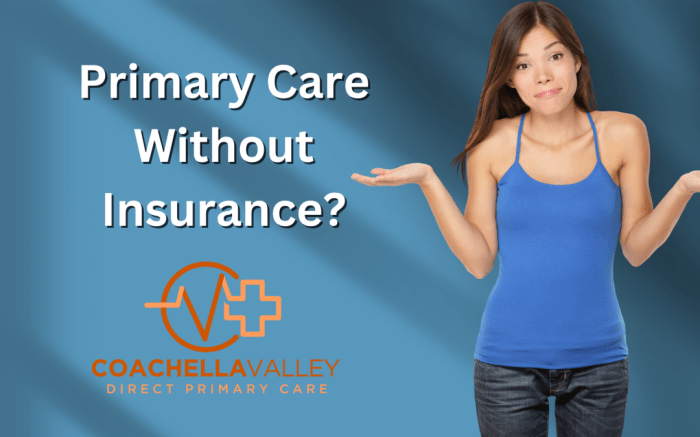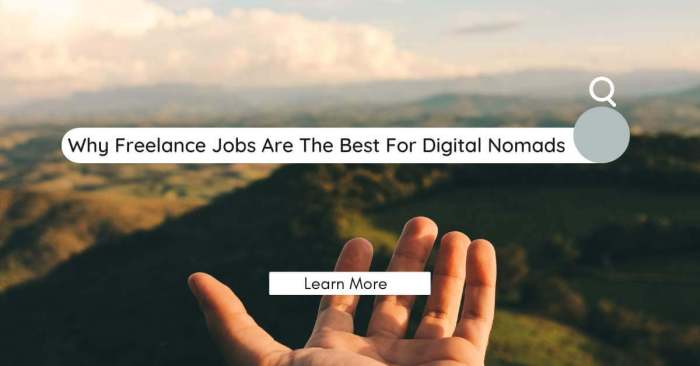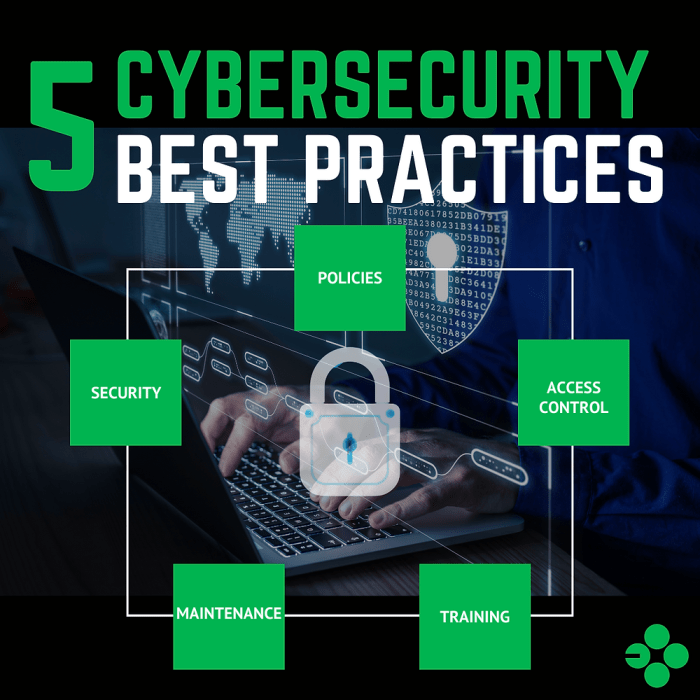Exploring the realm of affordable primary care physicians without insurance opens up a world of possibilities for individuals seeking quality healthcare without breaking the bank. From key factors to consider to strategies for managing costs, this guide delves into the intricate landscape of healthcare options available.
The following sections will provide valuable insights and practical tips to navigate the realm of affordable primary care without insurance, ensuring that individuals can access the care they need without financial barriers.
Factors to Consider When Looking for an Affordable Primary Care Physician Without Insurance
When searching for an affordable primary care physician without insurance, it is crucial to consider various factors that can impact the quality of care and cost-effectiveness. Prioritizing these factors based on individual needs and budget constraints is essential to make an informed decision.
Researching different options thoroughly can help you find the best fit for your healthcare needs.
Location
- Choose a primary care physician located near your home or workplace for convenience and easy access to appointments.
- Consider the proximity to public transportation if you rely on it for travel.
Services Offered
- Ensure the primary care physician offers a wide range of services, including preventive care, chronic disease management, and acute care.
- Check if they provide telemedicine services for remote consultations.
Reviews
- Read online reviews or ask for recommendations from friends and family to gauge the quality of care provided by the physician.
- Consider the physician's bedside manner, communication skills, and overall patient satisfaction.
Payment Options
- Inquire about the physician's payment options, such as cash discounts, payment plans, or sliding scale fees based on income.
- Check if they accept health savings accounts (HSAs) or flexible spending accounts (FSAs) for medical expenses.
Strategies for Finding Affordable Primary Care Physicians Without Insurance
When looking for affordable primary care physicians without insurance, follow these strategies to find quality care at a reasonable cost.
Step-by-Step Guide
- Start by researching primary care physicians in your area through online directories, community health centers, or local clinics.
- Consider contacting multiple providers to compare pricing, services offered, and payment options.
Alternative Options
- Explore community health centers, free clinics, or direct primary care practices that offer affordable healthcare services.
- Consider negotiating prices or setting up payment plans with healthcare providers to manage costs effectively.
Benefits of Negotiating
- Negotiating prices with healthcare providers can help lower the overall cost of care and make it more affordable for uninsured individuals.
- Setting up payment plans allows you to spread out the cost of services over time, making healthcare expenses more manageable.
Tips for Managing Healthcare Costs Without Insurance
Managing healthcare costs without insurance can be challenging, but with these tips, you can navigate the healthcare system more effectively.
Budgeting for Healthcare Expenses
- Set aside a healthcare fund to cover routine medical expenses, emergencies, and preventive care services.
- Track your healthcare spending and adjust your budget accordingly to prioritize essential medical needs.
Preventive Care
- Invest in preventive care measures such as regular check-ups, screenings, and vaccinations to avoid costly medical treatments in the future.
- Focus on maintaining a healthy lifestyle through diet, exercise, and stress management to prevent chronic conditions.
Prescription Assistance Programs
- Explore prescription assistance programs offered by pharmaceutical companies or non-profit organizations to access discounted medications.
- Inquire about generic medication options or alternative therapies that can help reduce costs for uninsured individuals.
Understanding the Role of Primary Care Physicians in Preventive Healthcare

Primary care physicians play a crucial role in preventive healthcare by offering comprehensive care and guidance to maintain overall health.
Regular Check-ups and Screenings
- Regular check-ups and screenings help detect early signs of illness, monitor chronic conditions, and prevent serious health complications.
- Primary care physicians can provide personalized recommendations for preventive care based on your medical history and risk factors.
Chronic Disease Management
- Primary care physicians help manage chronic conditions such as diabetes, hypertension, and asthma through regular monitoring and treatment adjustments.
- By building a long-term relationship with your primary care physician, you can receive ongoing support and care for chronic health issues.
Benefits of Long-term Relationship
- Establishing a long-term relationship with a primary care physician allows for continuity of care, personalized treatment plans, and effective management of your health needs.
- Primary care physicians can coordinate referrals to specialists, track your health progress, and advocate for your well-being within the healthcare system.
Community Resources and Support for Individuals Without Health Insurance
Accessing local resources and community support can provide valuable healthcare assistance for individuals without health insurance.
Local Resources
- Non-profit organizations, support groups, and government programs offer healthcare assistance, prescription aid, and medical services for uninsured individuals.
- Community health fairs, outreach programs, and mobile clinics provide free or low-cost medical screenings, vaccinations, and preventive care services.
Telemedicine Options
- Telemedicine services offer remote consultations, medical advice, and prescription refills through virtual platforms, making healthcare more accessible and convenient for uninsured individuals.
- Explore telemedicine options for minor health concerns, chronic disease management, and mental health support without the need for in-person visits.
Comparison of Affordable Healthcare Options for Uninsured Individuals
When evaluating different healthcare options for uninsured individuals, consider factors such as cost, convenience, and quality of care to make an informed decision.
Urgent Care Centers
- Urgent care centers provide walk-in medical services for minor illnesses and injuries at a lower cost than emergency room visits.
- Consider urgent care centers for non-life-threatening conditions that require immediate attention but do not warrant an ER visit.
Retail Clinics
- Retail clinics located in pharmacies or grocery stores offer basic healthcare services such as vaccinations, screenings, and treatment for minor ailments.
- Visit retail clinics for quick and affordable care for common health issues without the need for an appointment.
Telemedicine Services
- Telemedicine services allow for virtual consultations with healthcare providers, prescription refills, and medical advice from the comfort of your home.
- Consider telemedicine for non-emergency medical concerns, mental health support, or follow-up appointments with your primary care physician.
End of Discussion
In conclusion, finding an affordable primary care physician without insurance is not only possible but also essential for maintaining one's health and well-being. By exploring the various strategies and resources discussed in this guide, individuals can make informed decisions about their healthcare needs and access quality care without compromising on affordability.
Commonly Asked Questions
What should I prioritize when looking for an affordable primary care physician without insurance?
Factors to consider include location, services offered, reviews, and payment options. It's important to prioritize based on individual needs and budget constraints.
Are there alternative options for affordable primary care if I don't have insurance?
Yes, consider community health centers, free clinics, or direct primary care practices. Negotiating prices or setting up payment plans with healthcare providers can also help.
How can I manage healthcare costs without insurance?
Budget for healthcare expenses, set aside a healthcare fund, and focus on preventive care to avoid costly treatments. Look into prescription assistance programs or discounted services for uninsured individuals.











